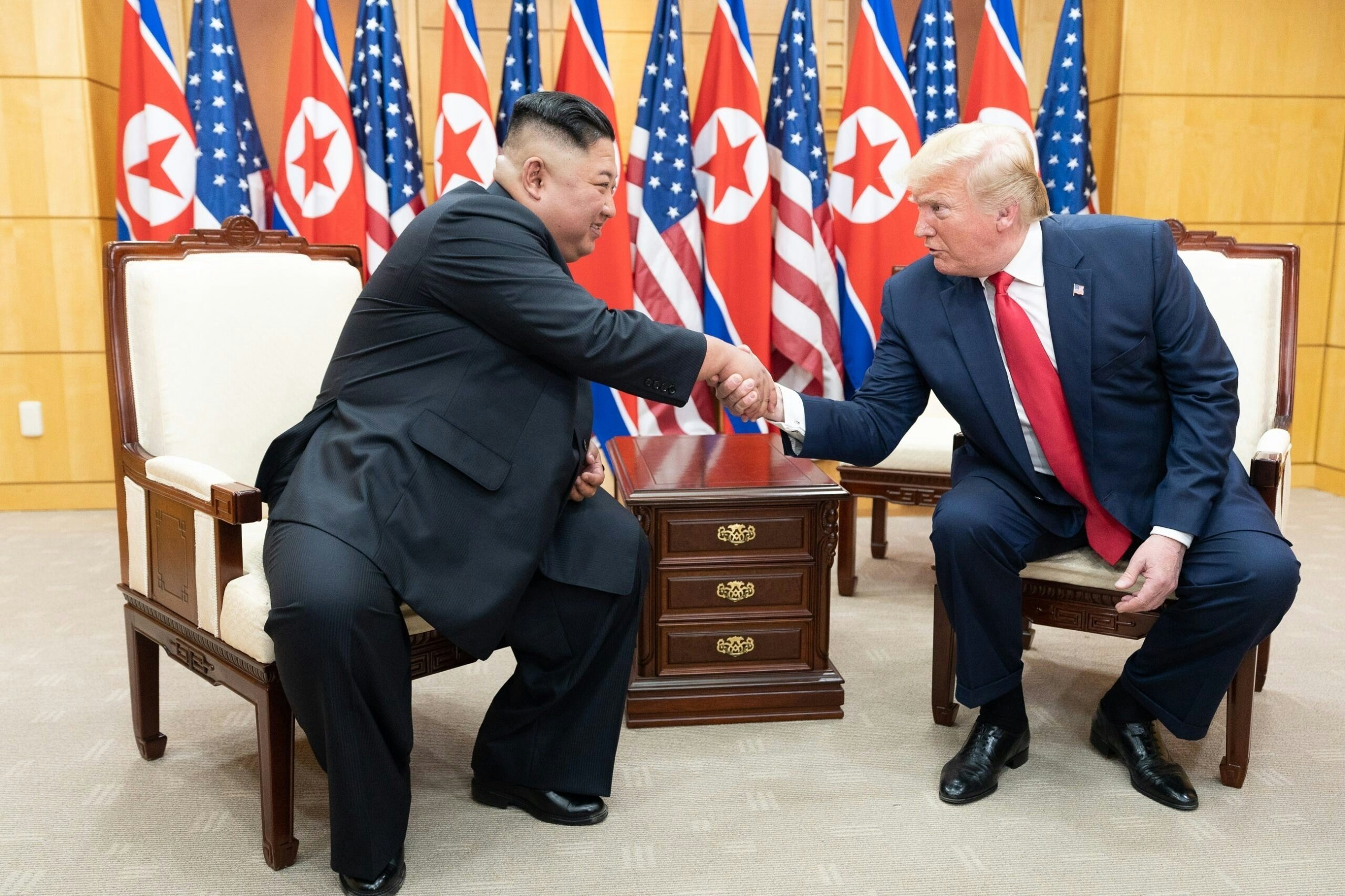This week we remember the profound impact that former President Jimmy Carter has had across the globe. During his presidency and in civilian life, President Carter focused on alleviating suffering, supporting democracy and human rights, and advancing global health.
He was the first U.S. president to make a state visit to sub-Saharan Africa – a region that has become one of the fastest growing and most influential in the world today.
President Carter is arguably most known for his important work through the Carter Center – a presidential center he founded with former First Lady Roslynn Carter in Atlanta, Georgia. The Center seeks to prevent and resolve conflicts, enhance freedom and democracy, and improve public health.
It is in the area of public health where the Center has made historic progress in combatting preventable and neglected tropical diseases (NTDs). In the mid-1980s, there were over 3.5 million cases of Guinea Worm in Africa and Asia – a disease that is spread from stagnant water and prevents people from living healthy, productive lives. The Center’s data-driven work alongside health ministries, international organizations, and local communities has led to a 99.9% reduction in Guinea Worm cases in just 40 years. This has changed the tide in communities, creating more opportunities for growth and prosperity.
Today, Guinea Worm is on track to becoming only the second human disease in history to be eradicated. Through low-cost prevention and treatment methods, education initiatives, disease surveillance, and health delivery systems the Carter Center continues to be a leader in the elimination of malaria and other NTDs like river blindness, trachoma, schistosomiasis, and lymphatic filariasis.
President Carter was an early advocate for U.S. partnerships to combat the growing HIV/AIDS pandemic and encouraged faith-based groups to increase their efforts to address the crisis in the early 2000s. The Carter Center, along with many other non-profit organizations, contributed to the President’s Emergency Plan for AIDS Relief (PEPFAR), launched by President Bush in 2003. PEPFAR has saved 26 million lives from HIV/AIDS over its two decades of existence, and several countries have reached or are on track to reach international goals to end the disease.
In a statement released on December 29, President George W. Bush wrote of the former President,
“James Earl Carter, Jr., was a man of deeply held convictions. He was loyal to his family, his community, and his country. President Carter dignified the office. And his efforts to leave behind a better world didn’t end with the presidency. His work with Habitat for Humanity and the Carter Center set an example of service that will inspire Americans for generations.”
President Carter’s lifetime of work shows us why U.S. engagement in global health and support for freedom and opportunity around the world matter. Free societies advance security, promote growth, and protect human dignity. Eliminating deadly diseases ensures that future generations can live healthy, productive lives. While we mourn President Carter’s passing, we celebrate his work that will influence generations to come.





























